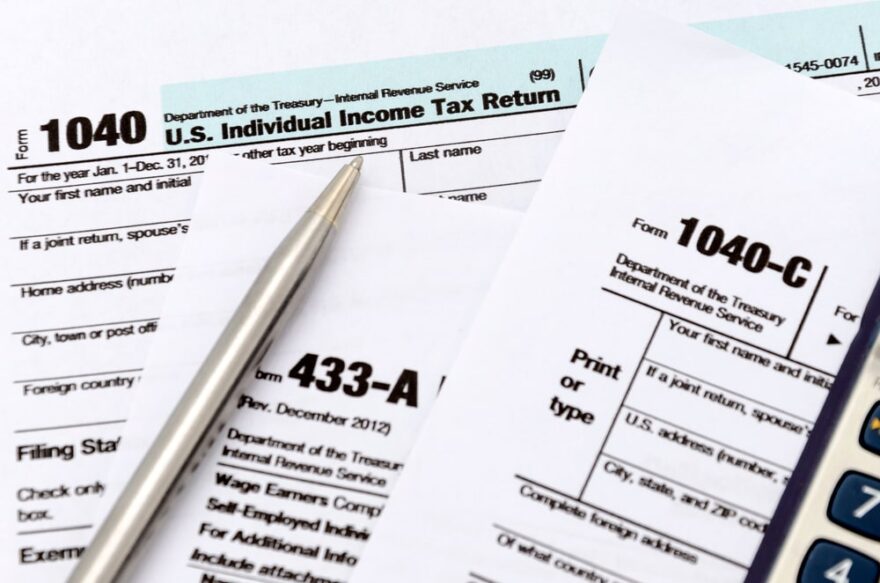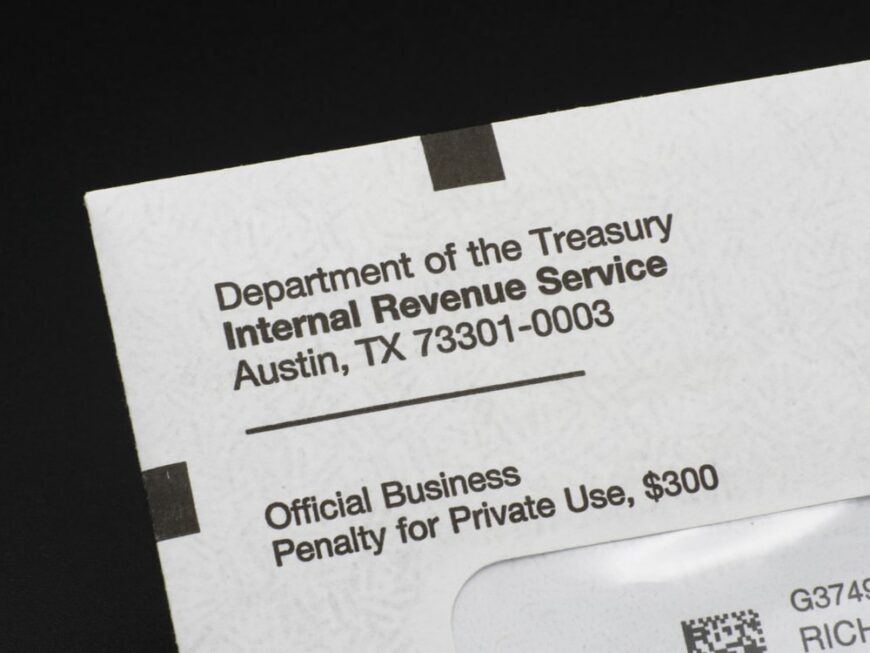The IRS has temporarily stopped the mailing of three collection notices – the CP501, the CP503 and the CP504 – that go to taxpayers who owe back taxes.
Read More
Sometimes it happens by accident. You didn’t withhold enough from your paycheck during the year and find you owe the IRS money when it’s time to file your tax return.…
Read More
As part of an effort to ensure compliance and fairness, the Internal Revenue Service recently announced that it will increase efforts to visit high-income taxpayers for failure to file a…
Read More

For most people, personal finance is a deeply private matter and the idea of revealing their personal financial information to anyone, especially total strangers, can often cause fear and anxiety.…
Read More
You’ve filed your tax return with a balance due and are unable to pay and are unsure what you should do next. Well, within a short period of time after…
Read More
The IRS has the authority to enter into payment plans with taxpayers who owe back taxes. In a effort to streamline the processing of these agreements the IRS continues to test expanded criteria for taxpayers…
Read More
On December 4th President Obama signed the Fixing America’s Surface Transportation Act (“FAST”) into law. While the law focuses on improving America’s transportation and highways, it also contains provisions dealing…
Read More
A CP2000 Notice is typically generated when the IRS computers determine a mismatch of income or deductions between information you reported on your tax return and information documents it receives…
Read More

When you file a tax return and fail to pay the balance due the IRS will begin sending you a series of collection letters or notices. It is important that…
Read More
When a taxpayer seeks to reach a tax settlement with the IRS they may be required to consider the national and local IRS collection financial standards when calculating the amount…
Read More

